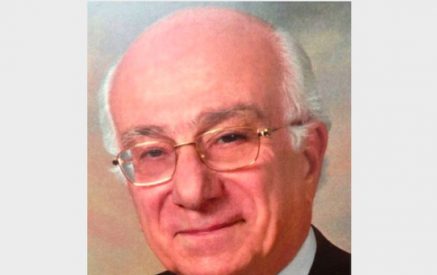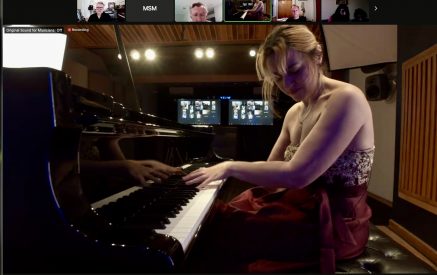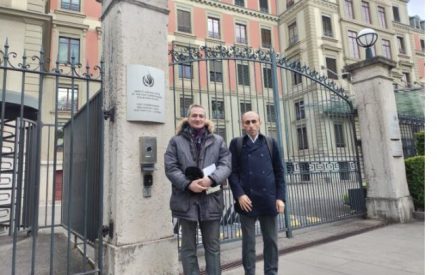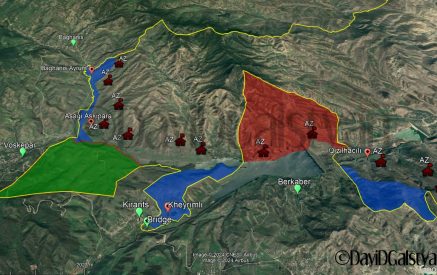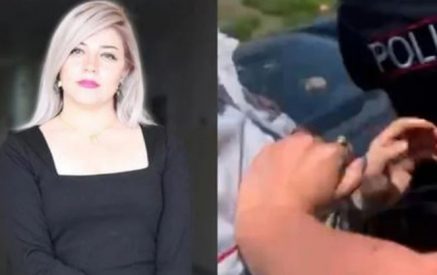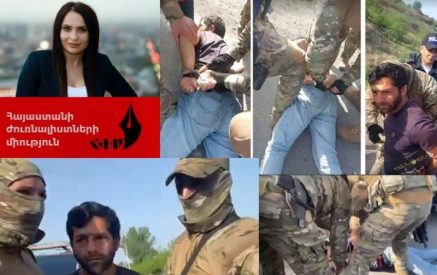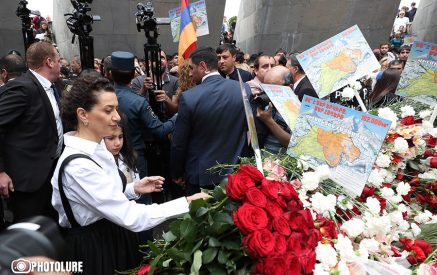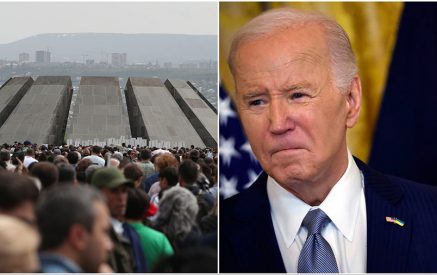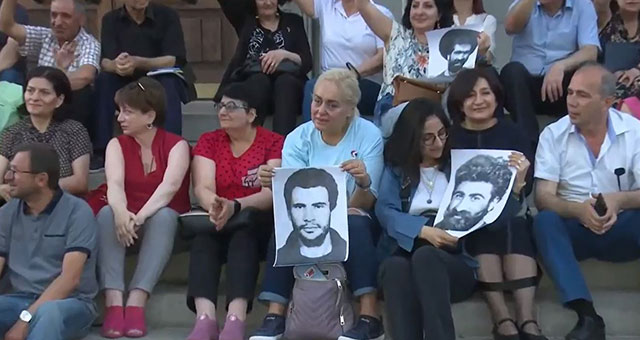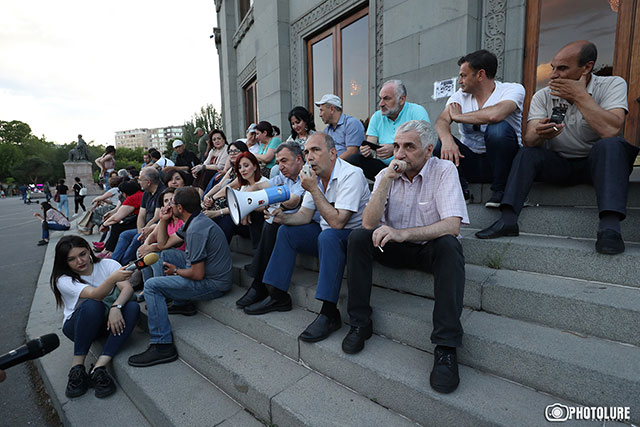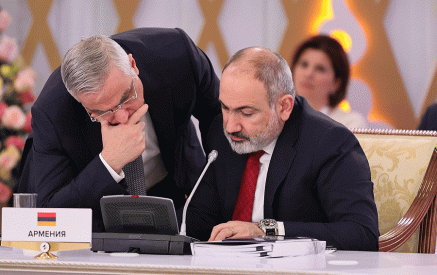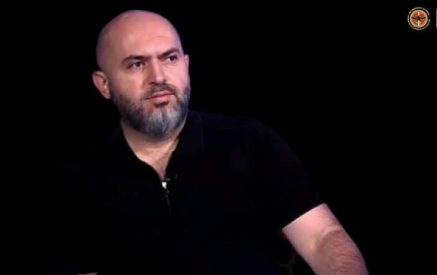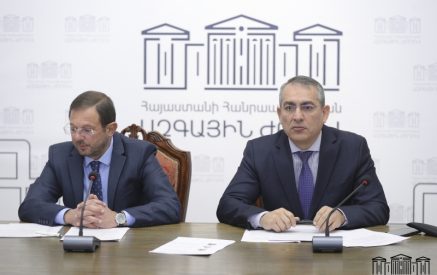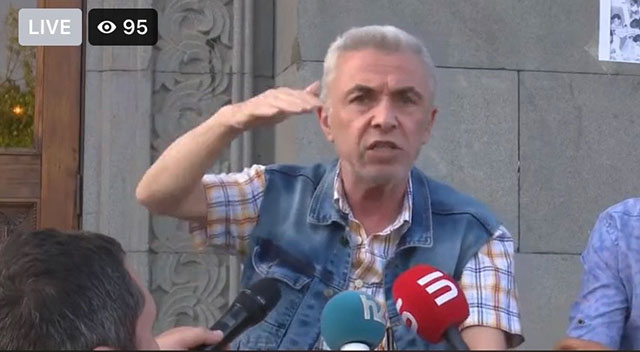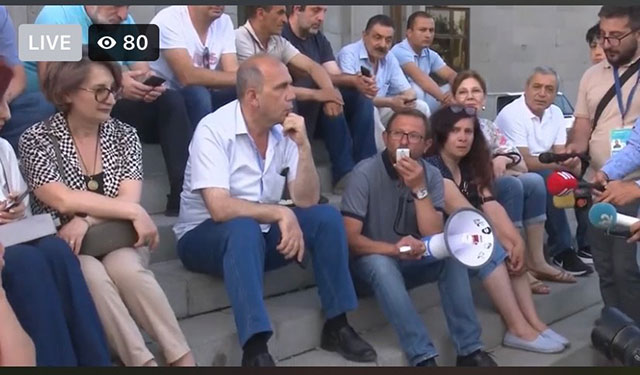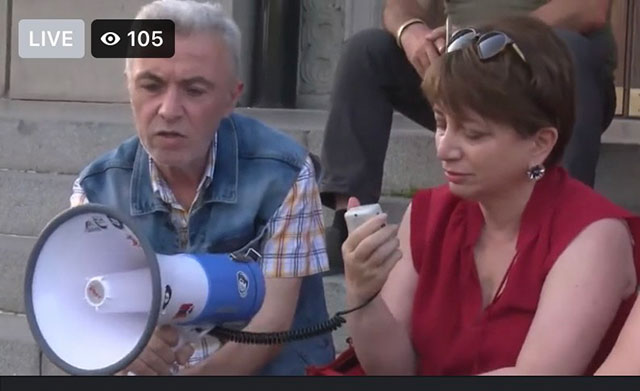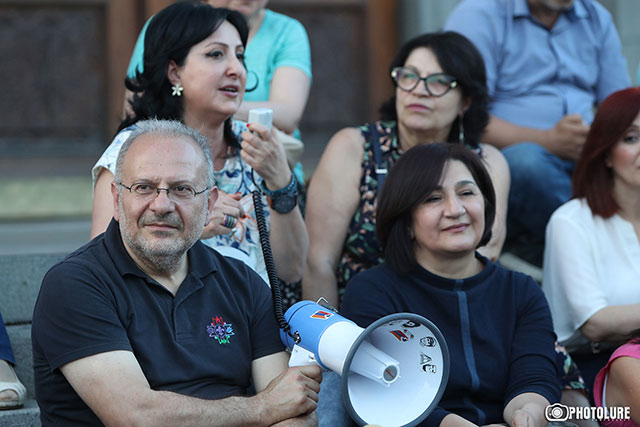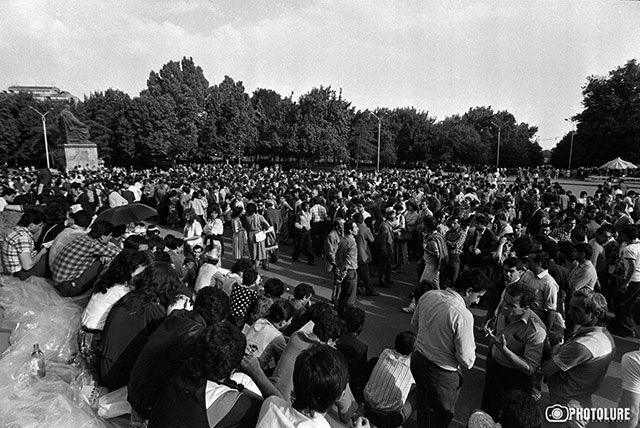On his Facebook page, Gegham Manukyan, a member of the Armenia parliamentary faction, called on the students who had become the driving force of the Artsakh movement, who decided to go on a sit-in strike in 1988 and break the movement, to gather in Freedom Square again 34 years later.
“We were one of the first students to come and sit here. I want to tell you how the word sit-down strike came about. It is so common today that people think it always has been. When we first came to sit on these stairs, people knew there could be a rally, a march, but they did not imagine what a sit-in was. They would come and ask, children, why are you sitting here, we would start explaining to everyone that we demand a session of the Supreme Soviet, with what demands? It is a political action. We wrote those demands and we wanted to write above, sitting down, but it did not fit.”
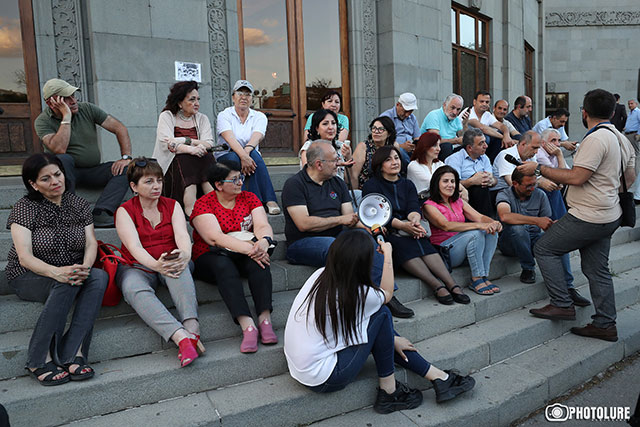
Tigran Naghdalyan said, “Write a sit-down strike and that’s how we wrote it. The next day, it immediately came into circulation, as if people had been on a sit-in strike in the Soviet Union all day,” Armen Davtyan recalled. “At least our sit-in has achieved its goals, all our demands to the government have been fulfilled… We demanded that the Supreme Soviet of Armenia give a positive answer to the decision of the Karabakh Regional Council to reunite with Armenia. At that time our struggle was against a foreign empire. No matter how much the Armenian authorities depended on Moscow, they were Armenians. Like us, their hearts ached for Armenia and Artsakh. It was a liberation struggle against a foreign empire,” said Armen Davtyan.
Read also
At present, Apres Zohrabyan, Master of YSU Faculty of Archeology, recalled that at that time he was studying at the Yerevan Institute of Architecture and Construction. “I was participating in the sit-in as a student then, and now I am participating as a student.” According to him, a lot of water has flowed since 1988, but the main topic is again Artsakh.
Gegham Manukyan recalled how 34 years ago a student gathering took place in the 220 classroom of YSU Faculty of Armenian Philology and there were speeches. He especially singled out the speeches of Zoya Shakaryan from the library of the Faculty of Philology and Hero of Artsakh Zhanna Galstyan. “They made such a heated speech that the student sit-in demand from the Supreme Council to accept the application of the Artsakh Regional Council to reunite with Armenia arose from there. The three-week sit-in ended on June 15 by the decision of the Supreme Council,” Gegham Manukyan said. He said that he called on the participants of the sit-in strike on Facebook to gather today as well and he is glad that, among others, the relatives and friends of the people who wrote their names in golden letters in history are present: Vardan Bakhshyan’s sister, Tatul Krpeyan’s daughter, Dushman and Petros Janodyan’s friends…
The editor of Aravot website Anna Israelyan remembered how the meeting with Zhanna Galstyan took place, after which the students decided to sit on the steps of the opera and not leave until the relevant decision of the Supreme Council. “We even went to the Supreme Soviet with several journalists to meet with Vladimir Movsisyan and said that we would not leave the Opera Square until you conveyed our demand to the first secretary Suren Harutyunyan. He said, ‘I will not pass on your request either, as long as you have not left, and that is how we came and settled down.’”
She also recalled how Razmik Davoyan visited them on the night of May 27-28. Bagrat Yesayan added that the sit-in was very organized. “The first demonstration took place on February 18, and then the first large demonstration in this square on February 20, and on the 26th of the month the demonstrations had already reached their goal.
The Karabakh Committee at that time did not exist yet, but the coordinators said that our goal seemed to have been achieved, we had delivered our vote to Moscow, and it was postponed indefinitely. During that time, various articles were published in the Izvestia newspaper calling us extremists. What is happening now, we are called revanchists, manipulators of the Artsakh issue, etc., is very similar to the vocabulary of that time used by Baku and the leadership of the Moscow Communist Party,” he said.
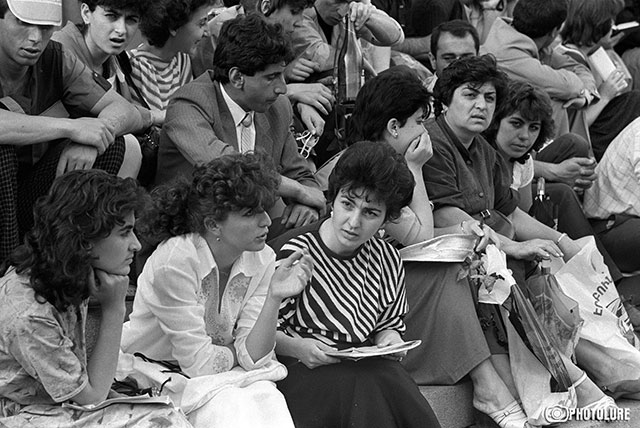
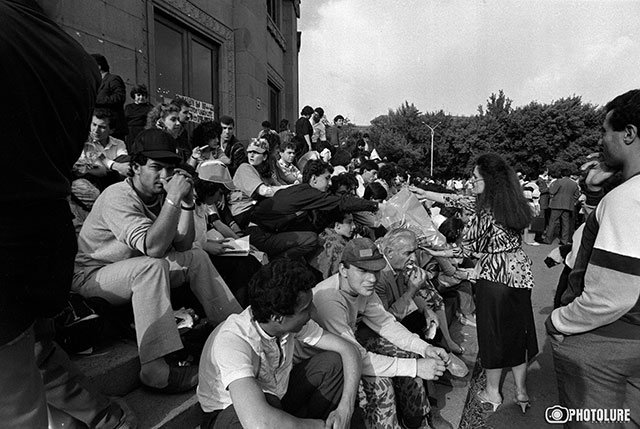
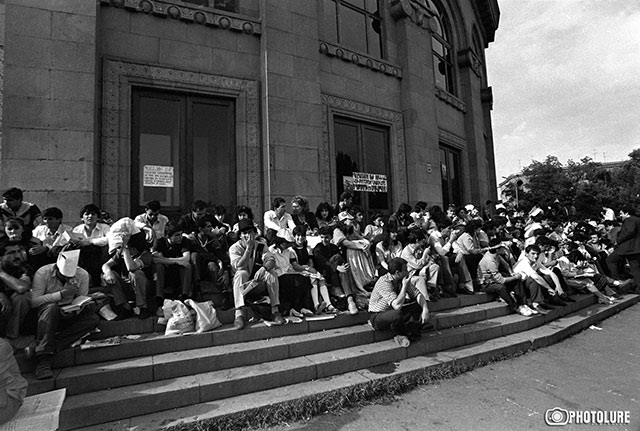
Gohar Hakobyan

